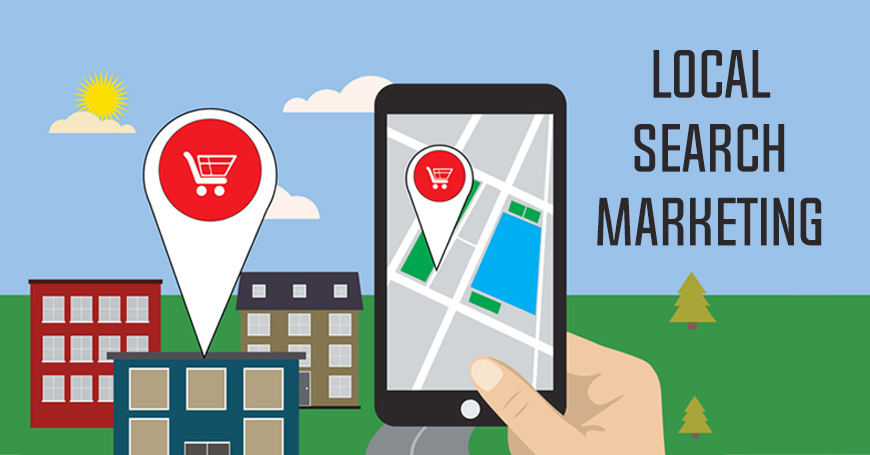Spread the loveGetting discovered in local searches is something businesses need to consider very seriously. At present, the penetration of smart devices, especially smartphones, have made the concept even more demanding. Research by Google has shown that almost 88% of …


